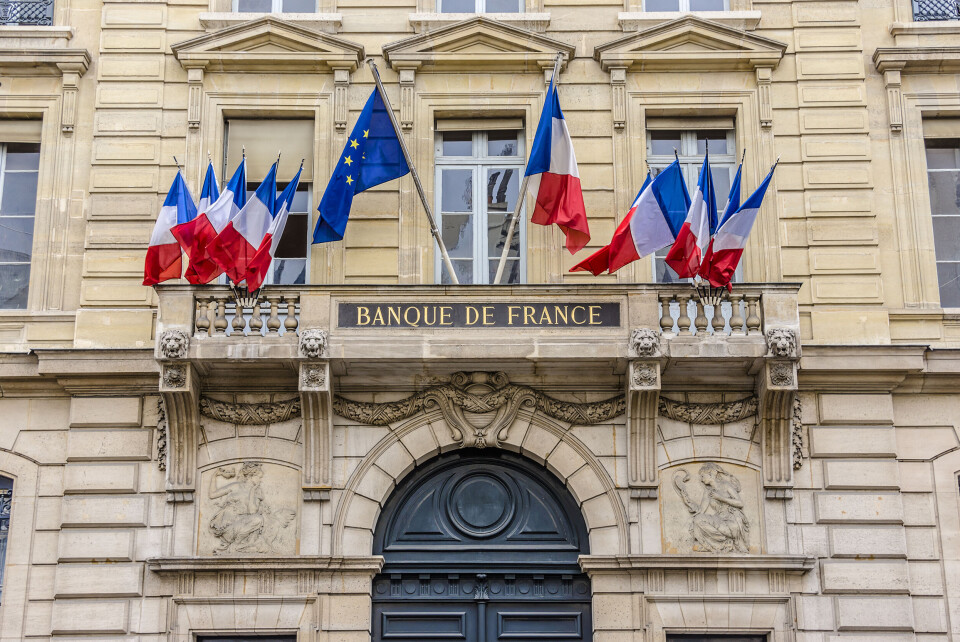-
Big drop in telephone fees but rises for food and services: France’s June 2025 inflation stats
Year-on-year inflation picks up to reach 1% in France
-
Graph: See France’s historic debt levels
France’s debt to GDP ratio is third-highest in Europe
-
Good news on cost of living in France as inflation set to fall in 2025
Projected figures suggest that the rate will drop and stabilise
Inflation in France should fall from June, says Banque de France
Food prices will remain high until then, it is predicted, but a recession can be ruled out for 2023

Inflation levels in France should plateau in the coming months and will begin to fall from June, the head of the Banque de France has said.
François Villeroy de Galhau says he “rules out” a recession in France in 2023.
In January, annual inflation levels hit 6%, and Mr Villeroy de Galhau predicts they will remain at around this level before a fall in June.
This means that the price of some products and services will begin to decrease with energy prices already falling. Food prices are not expected to lower before June, however.
Compared to 2021, the annual cost of general food shopping in France could increase by more than €790 by the end of 2023, according to research by the Nielsen Institute conducted for the consumer association 60 millions de consommateurs.
Prices for the same goods had already seen an annual increase of almost €300 between 2021 and 2022.
Mr Villeroy de Galhau, who has been the bank’s governor since 2015, is hesitant to place exact figures on how much prices and inflation levels will decrease during 2023, saying there are still many uncertainties that could impact overall levels.
International bank ING forecasts that inflation levels will be around 4% by the end of 2023.
He was confident, however, that Inflation levels will continue to fall steadily from June, and by the end of 2024 or the beginning of 2025, should return to around 2%.
This is still higher than the general levels of inflation France has historically seen - since the year 2000 only four years (2003, 2004, 2011 and now 2022) saw inflation rates rise over 2%.
Read more: French economy grew by 2.6% in 2022, annual inflation at 6%
Read more: Electricity prices are rising in France: How much more will you pay?
Recession resisted
Mr Villeroy de Galhau was more open about economic growth, with France on track to not only avoid recession this year, but even marginally grow its economy, provided predicted levels of activity continue.
Last month the Banque de France predicted a GDP growth of 0.3% over the course of this year, however, predictions from the IMF and government were slightly more optimistic, with growth forecasts of 0.7% and 1% respectively.
He confirmed that the Banque de France was still confident about their earlier growth predictions.
Recommendation to gradually decrease the tariff shields on food and energy prices were also given, as they are beginning to amass excessive debt.
These policies should begin to be “focused on those who need them most”, according to Mr Villeroy de Galhau, as opposed to remaining nationwide policies affecting all households.
Related articles
Five questions about the rise in electricity prices in France
























